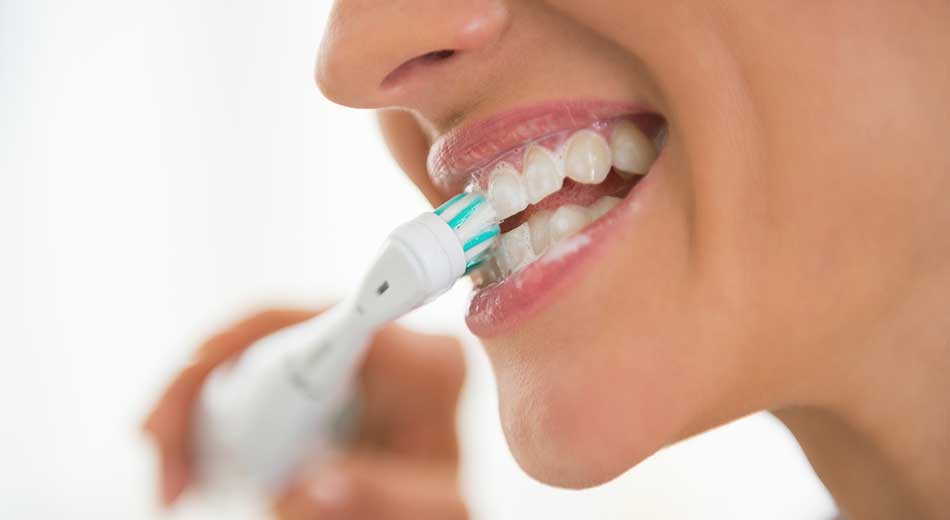The debate of whether or not electric toothbrushes are better than manual ones has long intrigued dentists and their patients. While it all comes down to individual choice, cost, and whether or not people have access to the most up-to-date dental technology, science has provided an answer.
However, there are several exceptions and qualifications to consider when determining whether an electric toothbrush is superior to a traditional manual toothbrush. Your age, the health of your teeth, and whether you have any dental treatment might influence a dentist’s choice.
Which is better, an electric or manual toothbrush?
Brushing your teeth is the first line of defense in preventing tooth decay and ill health. Both electric and manual toothbrushes are effective at removing plaque, which causes cavities and illness, but which one should you choose: an electric or a manual brush?
Dentists will frequently emphasize to their patients the importance of toothbrushing’s fundamental steps:
- Brush twice a day, and essentially, just before bed
- Brush for at least 2 minutes at a time
- Do not rinse after brushing but spit to avoid rinsing away the fluoride in their toothpaste
- Do not use mouthwash just after brushing; otherwise, it removes fluoride.
These practices can be achieved using a manual brush or an electric toothbrush.
For better dental health, electric toothbrushes are frequently recommended. Electric toothbrush brushing is a fast and easy technique to keep your teeth and gums clean and healthy. They cost more than standard toothbrushes; however, replacement brush heads can also be pricey. Do electric or manual toothbrushes have any advantages?
The benefits of using an electric toothbrush
Electric toothbrushes are more successful in removing plaque from hard-to-reach areas. Over a year, electric toothbrushes, as opposed to manual brushes, were found to decrease gingivitis (gum disease) and remove more plaque than regular manual brushes.
Small-headed electric toothbrushes, such as Oral-B, feature a round head that allows you to access these areas quickly. Every time you move your toothbrush across your teeth, an electric toothbrush with vibrating bristles permits additional micro-movements.
Easier for people with limited mobility
An electric toothbrush accomplishes the majority of the task. It may be beneficial to young children who must be watched as they brush their teeth until they are at least nine years old and those with limited mobility.
- Parkinson’s
- Carpal Tunnel
- Arthritis
- Stroke sufferers
- Developmental disabilities
The toothbrush may be used in only a few simple motions. The user has to sweep the brush across their teeth and along the tooth surfaces, even if they have little manual dexterity.
Brushing for at least 2 minutes with built-in timers
Unlike manual brushes, electric toothbrushes have a built-in timer, which tells the user when they’ve brushed their teeth for a specific time. This is particularly useful with children, but using an egg timer or singing a two-minute song while brushing is always an option – but it’s not always convenient.
It may improve oral health in people with orthodontic appliances.
Electric toothbrushes aid individuals who use orthodontic devices such as braces since they make brushing more convenient. Plaque levels remained about the same whether you used an electric toothbrush or not, whether you had good oral health or bad. An electric toothbrush may benefit your dental health if you can’t clean your teeth properly while undergoing orthodontic treatment.



